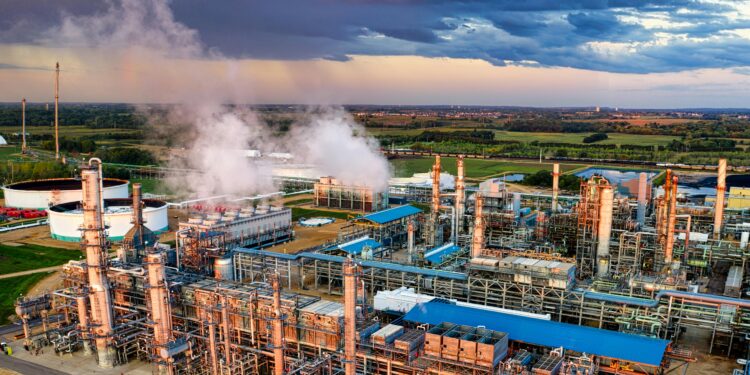President Bola Tinubu’s Special Adviser on Information and Strategy, Bayo Onanuga, has shared details of a recent fact-finding mission to the Port Harcourt Refinery. According to Onanuga, the refinery is currently operating at 70% of its installed capacity, with plans to ramp up production soon. He also debunked claims that the refinery lacks crude oil supply, confirming it receives regular crude input.
Onanuga was part of a team that visited the 60,000-barrel-per-day (bpd) refinery on Wednesday. The visit was aimed at dispelling doubts and addressing public skepticism about the refinery’s operations.
Findings from the Inspection
In a statement titled “Putting to Rest Rumours about Port Harcourt Refinery Complex: Our Fact-Finding Mission,” Onanuga detailed the team’s observations. Guided by the refinery’s Managing Director, Ibrahim Onoja, the team toured various sections of the complex, including the computerized control room and the loading bay.

“We asked pointed questions and received satisfactory answers, dispelling our doubts and misconceptions,” Onanuga said. “Nigerians must ignore naysayers and false information about the refinery’s operations. While it is not running at 100%, it is functioning at 70% installed capacity, with plans to increase production shortly. Furthermore, the refinery receives regular crude supplies, contrary to claims that it lacks crude to refine.”
Commending the Efforts of NNPCL
Onanuga praised the Nigerian National Petroleum Company Limited (NNPCL) for reviving the refinery, which he described as a “dead asset” previously on the verge of becoming “a museum piece.”
Background: Refinery Operations Resume
The Port Harcourt Refinery resumed operations in November 2024, according to NNPCL. The company’s spokesman, Olufemi Soneye, confirmed that the facility started processing crude at 60% capacity, with production volumes reaching 60,000 barrels per day. The refinery, which has a combined capacity of 250,000 barrels per day, is expected to scale up its output in the coming months.
Conclusion
Onanuga’s findings provide a clearer picture of the current state of the Port Harcourt Refinery, countering earlier rumors of inactivity or lack of crude supply. With ongoing efforts to increase production, the refinery is positioned to play a critical role in meeting Nigeria’s domestic fuel demands.














